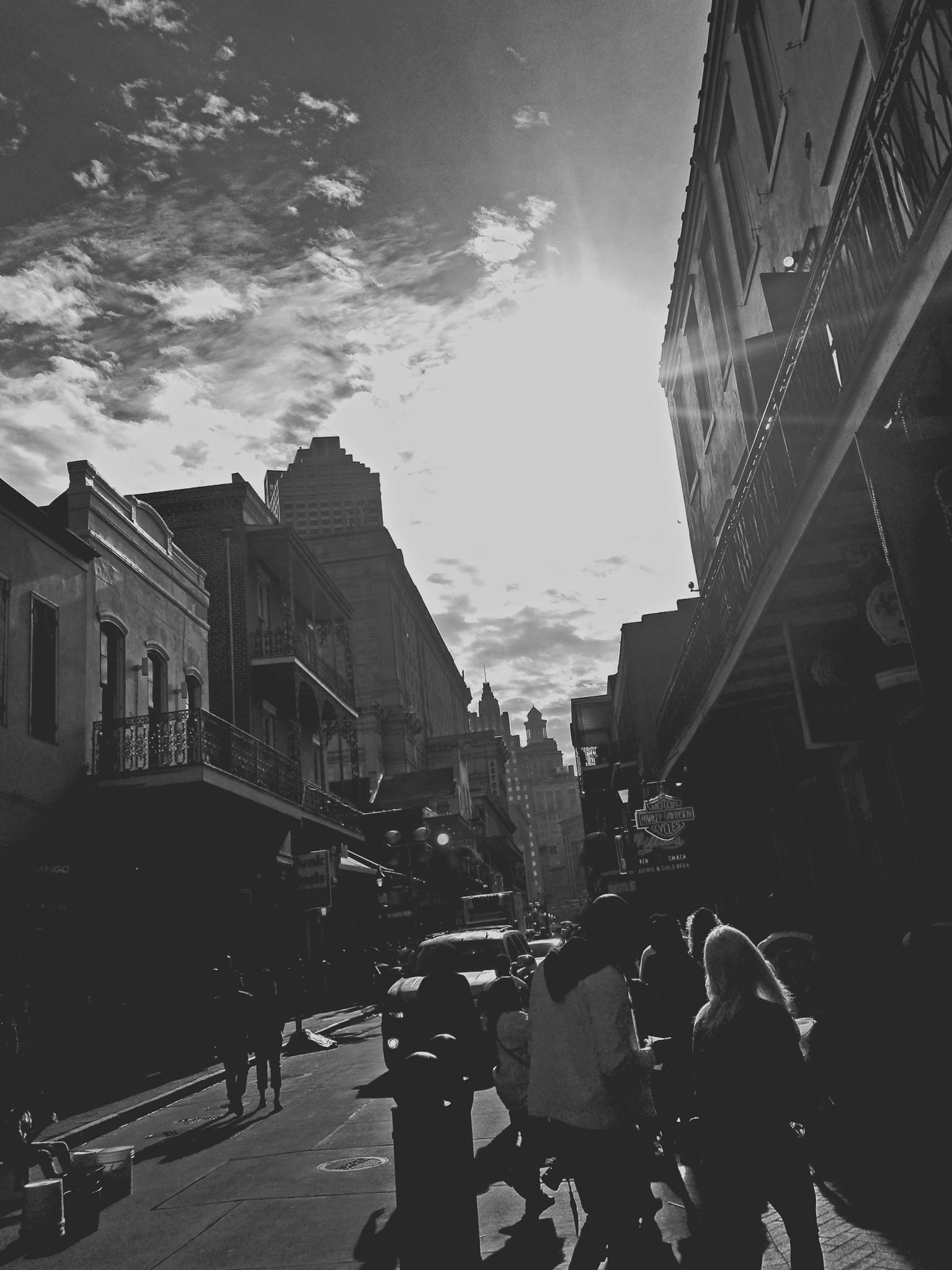It started as a tickle in the throat.
Then came the cough: not exceptionally violent but dry, nagging and insidious. It was a sign of what came to follow.
The pain slowly crept up to my occiput and was exacerbated every time I touched my hair in futile attempts to massage my scalp. Every time I coughed, I felt like I was getting hit in the temple. I had to close my eyes and clench my teeth.
Eventually, I resorted to Cup Noodles after almost choking on some leftover chicken wings. It wasn’t just the inflammation. As I held the steaming bowl of noodles up to my nose, I smelled nothing. I took a bite. Wasn’t this supposed to be seafood flavored? All I could sense was warmth and the slightest hint of umami. I let out a wry smile and a short sigh.
As I am typing this, a couple of drops of water slide across my nose and chin, dripping onto the keyboard. I pick up some of the moisture with my fingers, unsure if it is cold sweat or from the towel on top of my forehead. Outside my window, the New Orleans sun is blistering with heat, bright and unforgiving, but that warmth feels very distant today as I sit in my own “igloo.”
Yes, unfortunately, I have become one of the 60,000 and rising daily cases in the nation.
Yet, I am one of the lucky ones.
In the latest comprehensive review of COVID-19 in JAMA, Wiersinga et al. devoted a section to discussing the differential impacts of the pandemic on various ethnic and racial groups. They cited a study that hits close to home for me personally. In a Louisiana community where African Americans and other minorities only comprised 31% of the population, they made up 77% of all COVID-19 related hospitalizations and 71% of total fatalities.
As an international student, it might seem strange for me to call Louisiana my home. For me, however, home is more than the geographic location I am originally from. Rather, home is wherever I have found acceptance, joy and connection. I had never set foot in New Orleans before starting my undergraduate studies at Tulane. When I first arrived, I made various discoveries: the Mississippi River is indeed majestic, the French Quarter is magical and jazz gifts the city its soul! What truly touched my heart were the people, the community and the bonds I formed.
I remember my cab driver on my first day here, an elderly black gentleman with a wrinkly forehead and a soothing voice. “You’re gonna love it here,” he said, as he pointed at the 100-year-old southern oaks as we headed down St. Charles Avenue. “Man, you’re gonna love this city.” I recall eating my first spoonful of Jambalaya. My Creole classmate tried his hardest not to laugh at my red face as I held my thumbs up, clearly struggling with the extreme hotness of the seasonings. I also still remember volunteering at a health check station during my sophomore year of college. An older Vietnamese lady offered me the sweetest smile as she took both my hands, grasped them tightly and shook them, thanking me over and over in her native tongue.
The people are the reason I decided to stay in the Crescent City for medical school. The various minority communities of New Orleans have treated me as one of their own. This makes it all the more difficult for me to see how these populations have taken the hardest hits in the current pandemic. These disparities are hardly limited to health care. The blatant cases of police brutality against minorities and the cruel suppression of the Black Lives Matter movement indicate systemic discrimination that continues to exist decades after the Civil Rights movement. How much longer do we allow this system to linger?
As an international student, I am no stranger to marginalization and discrimination. Just a few weeks ago, ICE (Immgration and Customs Enforcement) announced a ban on all foreign students in the United States taking online courses, threatening the revoking of visas and even deportation. In addition to facing the virus and wrestling bigotry, my international peers and I had to battle for our “existence”. For many of us, there were simply no flights to even carry us home due to strict travel bans — we were ruthlessly shoved to the edge of a cliff. I was fearful, sad and angry all at once. However, I am deeply thankful that my school, friends and the community around me have been my strongest advocates during challenging times. Countless petitions, protests and lawsuits arose within a short week, justice prevailed as our voices were heard and ICE rescinded their decision. With incredible support from diverse communities, we were finally able to preserve our right to pursue our studies and dreams here.
Now I am ready to reciprocate the support that I have received. Though I am sitting in my room wrapped in layers, shivering, feeling short of breath and unable to speak, I feel stronger than ever in my determination to rally around my minority allies and friends. Their voices and basic rights are silenced, suppressed and destroyed by systems that have existed long before this virus. While I know that I will eventually get better in a couple of weeks, how much longer do they need to wait to finally have their voices heard? We must advocate for the minorities and the underserved communities around us. We must stand with them if we want to emerge out of this pandemic stronger than ever. We define the future.
Image Credit: Personal photograph taken and provided by the author.

